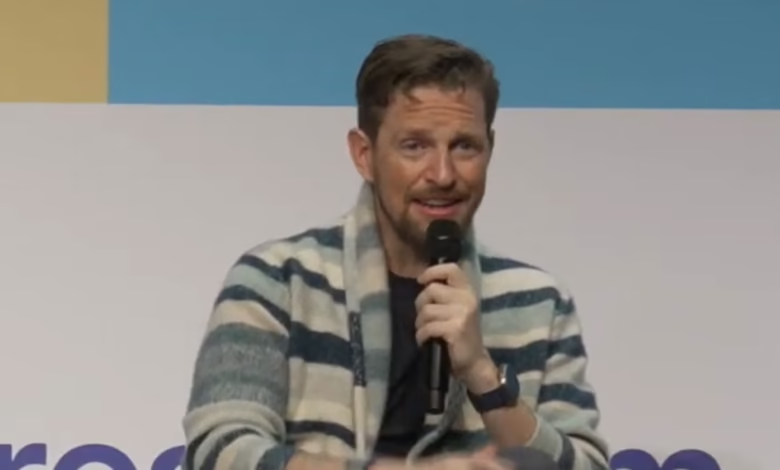WordPress Co-Founder Mullenweg Responds to FAIR Project

▼ Summary
– The Linux Foundation announced the FAIR Package Manager, a decentralized WordPress plugin and theme repository, in response to concerns over centralized control.
– The announcement was made during WordCamp Europe, sparking immediate discussion and questions directed at WordPress co-founder Matt Mullenweg.
– Mullenweg expressed cautious optimism about FAIR but noted concerns over its secretive development and potential technical challenges.
– He questioned whether users truly want a federated repository, citing security, trust, and logistical complexities like data management and updates.
– Mullenweg emphasized the need for further review of FAIR’s code and collaboration before forming a definitive stance, while acknowledging the project’s open-source intent.
The Linux Foundation’s recent unveiling of the FAIR Package Manager project has sparked conversations across the WordPress ecosystem. This open-source initiative aims to decentralize plugin and theme distribution, offering an alternative to WordPress.org’s official repository. The announcement, made during WordCamp Europe, quickly became a focal point, drawing responses from WordPress co-founder Matt Mullenweg during the event’s Q&A sessions.
Mullenweg’s initial reaction balanced optimism with caution. He acknowledged the project’s alignment with open-source principles but noted the challenges of implementing a federated system. “That’s the beauty of open source; it can coexist with everything,” he remarked, while expressing surprise at the project’s sudden announcement after months of development outside public view.
When pressed further, Mullenweg shifted focus to user needs, questioning whether a decentralized repository addresses core concerns. Security, reliability, and trust remain top priorities, he emphasized, pointing to WordPress.org’s unbreached record as a benchmark. The sheer scale of managing 72,000 plugins and themes, totaling 3.2 terabytes, adds logistical hurdles, including potential strain on servers if mirrored widely.
A second attendee, a longtime WordPress contributor, advocated for FAIR’s benefits: improved discoverability, reduced load on WordPress.org, and greater choice for developers. Mullenweg responded thoughtfully, listing unresolved complexities, like maintaining update rollouts, analytics, and security checks across multiple sources. “Supply chain attacks become harder to contain when there are N points of failure,” he noted, drawing laughter with his blunt assessment.
Despite reservations, Mullenweg praised the project’s proactive approach over theoretical debates. “Shipping code beats endless discussions,” he said, leaving the door open for future collaboration pending deeper technical review. The exchange ended on a light note, with humor diffusing tensions, but the underlying questions about decentralization’s trade-offs linger.
For those interested, the full discussion unfolds around the 8-hour mark of WordCamp Europe’s recorded sessions.
(Source: Search Engine Journal)





